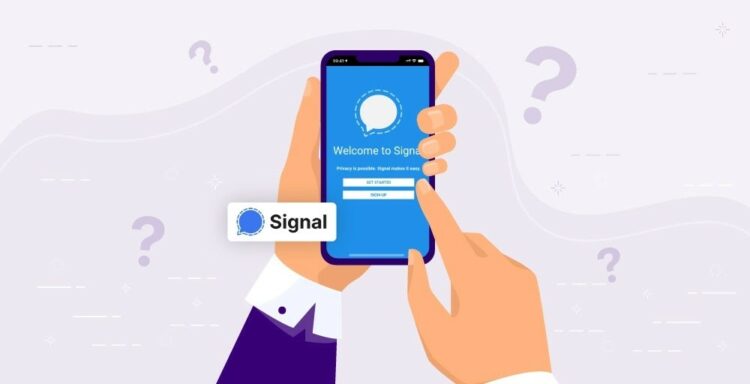Are you contemplating the addition of a virtual number to your Signal app experience but find yourself swimming in a sea of questions? Does the concept spark your interest, yet you’re unsure about the benefits or potential hurdles? Or are you seeking a detailed breakdown of how a virtual number could revolutionize your use of Signal? If these queries echo your thoughts, you’ve arrived at the perfect destination. Together, we’ll explore the ins and outs of employing a virtual number with Signal, ensuring you’re equipped with all the necessary insights to make an informed decision.
Unpacking Virtual Numbers
What Exactly Is a Virtual Number?
Let’s start with the basics. A virtual number functions much like any traditional phone number, allowing you to make and receive calls and texts. However, it’s not tethered to a physical phone line or specific device, offering unparalleled flexibility and mobility.
Why Pair a Virtual Number with Signal?
Signal is lauded for its unwavering commitment to privacy and security, making it a prime candidate for pairing with a virtual number. This combination allows for account setup and usage without linking to your personal phone number, thus enhancing your privacy and security on the platform.
The Upsides of Using a Virtual Number with Signal
Enhanced Privacy and Security
The standout benefit is the layer of privacy and security a virtual number provides. It shields your personal number from exposure, safeguarding your personal information from potential threats and privacy invasions.
Seamless Connectivity
The convenience of virtual numbers is unmatched. Whether you’re globe-trotting or toggling between devices, your Signal account remains accessible, ensuring you stay connected without being bound to a single location or device.
Professional and Personal Life Distinction
For those utilizing Signal for professional communication, a virtual number offers a clear separation between work and personal life. This distinction helps maintain professionalism and keeps your communications organized.
Potential Downsides to Consider
However, it’s not without its challenges. Here are a few considerations:
- Dependence on Internet Connection: Virtual numbers rely on a robust internet connection. Poor connectivity could disrupt access to your Signal account.
- Service Costs: While some virtual number services are free, others may require a subscription or fee. It’s important to weigh the cost against the privacy and convenience benefits.
Choosing Your Virtual Number Provider
Selecting the right virtual number provider is crucial. Keep these factors in mind:
- Reliability Comes First: Look for a provider with a reputation for reliability. Consistent, dependable service means you won’t miss important messages or calls.
- Privacy Matters: Ensure the provider has a strong commitment to privacy. Their policies should align with your need to protect your personal information.
- Value Over Price: While cost is a significant factor, the cheapest option isn’t always the best. Consider the features, reliability, and privacy protections offered by the service when making your choice.
In Conclusion
Incorporating a virtual number into your Signal experience can significantly enhance your privacy and the app’s usability. By carefully selecting a virtual number provider, you can leverage the benefits while mitigating any drawbacks. In today’s digital landscape, where privacy and security are paramount, adopting a virtual number for Signal is not just a smart move—it’s a strategic one.




